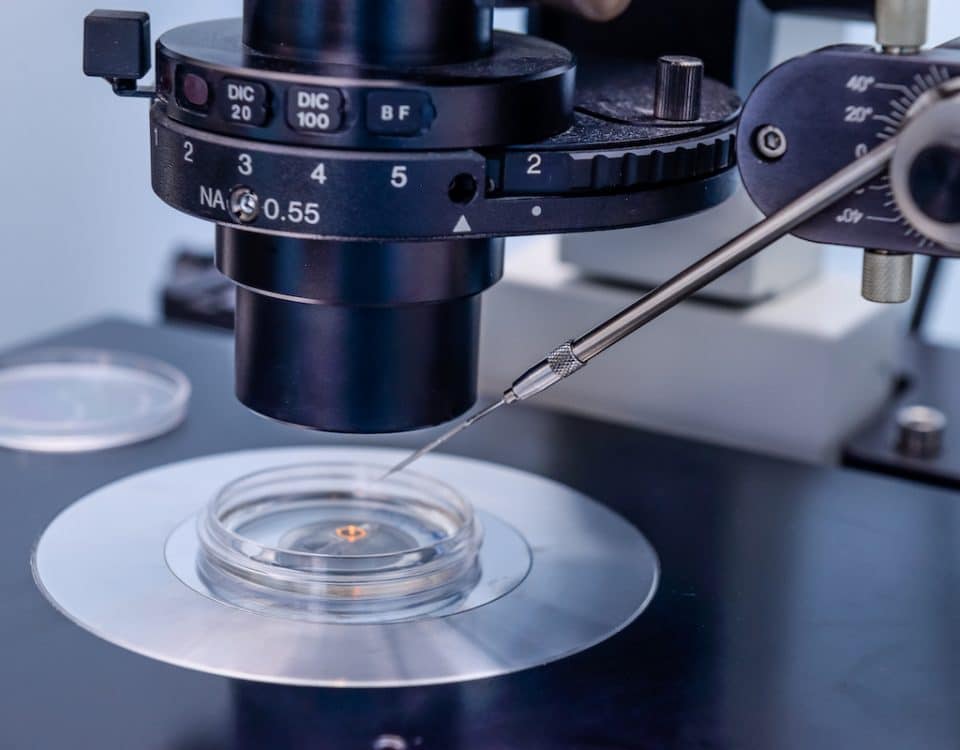Exactly forty-three years ago, on July 25, 1978, Louise Brown, born in Manchester, England, became the world’s first “test-tube” baby after being conceived via in vitro fertilization (IVF), which is presently a common practice in today’s modern world.
This remarkable milestone resulted from the pioneering work of three British reproductive specialists: Patrick Steptoe, Robert Edwards, and Jean Purdy. Prior to their success with IVF, they spent numerous years researching how in vitro fertilization could significantly aid women who were experiencing difficulty conceiving due to blocked fallopian tubes and/ or other tubal issues.
Since Louise Brown’s birth, the reproductive technology of IVF has truly revolutionized the field of reproductive medicine and the possibilities of parenthood for millions of people around the world.
IVF is Now a Mainstream Treatment
Since the world’s first successful IVF birth, accomplished in the year 1978, an estimate of over eight million babies (2018 statistics) have been born due to in vitro fertilization. Furthermore, it is estimated that IVF accounts for 1.5% of births in the United States. IVF as well as other assisted reproductive technologies are now a common practice.
IVF Success Rates Have Steadily Improved
Since 1978, IVF success rates have been steadily increasing. Fortunately, IVF has granted numerous patients the ability to achieve their dream of parenthood and of having a family.
Preliminary SART (Society of Assisted Reproductive Technologies) data from the year 2019 displays evidence that women under the age of 35 had a 47% chance of having a healthy baby per cycle of IVF using their own eggs, which is almost a three-fold increase in success rates from the earlier years of IVF.
At California Center for Reproductive Medicine (CACRM), we are proud to have helped over 95% of our patients to achieve their dreams of parenthood. Our most significant accomplishment is the wonderful role we have played in creating over 5,000 children, some of whom are now young adults.
IVF is Used for Many Types of Fertility Diagnoses
IVF, an assisted reproductive technology, allows doctors to successfully achieve pregnancies for their patients by bypassing, in other words, evading the use of the female fallopian tubes. Initially, IVF was used to resolve tubal disorders. However, IVF today is a standard treatment for all different types of infertility diagnoses.
Single Embryo Transfers
In the earlier days of IVF, doctors routinely transferred numerous embryos to the uterus in hopes of achieving the birth of at least one healthy baby. However, that particular practice also caused multiple embryo pregnancies, which resulted in countless premature births, low-weight births, as well as health issues for the mother and her babies.
As IVF success rates evolved, correspondingly, the prevalence of single embryo transfers with the goal of achieving healthier outcomes for both babies and their mothers evolved as well.
Advances in Selecting the Most Viable Embryos
Reproductive physicians and embryologists have created new and innovative reproductive technologies such as intracytoplasmic sperm injection (ICSI), blastocyst embryo transfer, and preimplantation genetic testing. These reproductive breakthroughs have allowed specialists to create and select the utmost viable embryos, contributing to the continuing success of IVF treatment.
Gestational Surrogacy with IVF
IVF has been incredibly important for infertility options, such as surrogacy, a fertility method in which an embryo is placed into the uterus of a woman, the surrogate, who subsequently carries the child for another couple or individuals who cannot carry themselves. Gestational surrogacy eliminates the need for traditional surrogacy, where pregnancy is achieved through intrauterine insemination. Most surrogacy cases involve a gestational surrogate, which is a surrogate who carries the pregnancy but is by no means the biological mother of the child; in other words, she does not use her own eggs for the fertilization process, as is done in traditional surrogacy. We uniquely support gestational surrogacy at California Center for Reproductive Medicine (CACRM).
IVF Creates All Types of Families
California Center for Reproductive Medicine (CACRM) believes love creates a family. We are ready to assist via IVF in conjunction with other fertility methods to help create loving families for all parents; heterosexual, same-sex, or single parents.
We are extremely appreciative of and thankful to Louise Brown’s parents as well as her clinicians, who bravely forged the path for the millions of IVF-born babies and parents.
References
https://www.cnn.com/2018/07/03/health/worldwide-ivf-babies-born-study/index.html
https://www.sartcorsonline.com/rptCSR_PublicMultYear.aspx?reportingYear=2019




